Facing the possibility that your dog may be nearing the end of their life is incredibly hard, but recognizing the signs can help you offer comfort and support. Things like loss of appetite, withdrawal, or labored breathing may signal that it’s time to cherish every remaining moment. While heartbreaking, being present, gentle, and attentive makes a world of difference in their final days. Talking with your vet can also guide you through the best steps to ease their pain. Your love and presence are the greatest gifts you can give during this tender time.
Loss of Appetite

One of the first signs many dog owners notice is a sudden or gradual loss of appetite. Your dog may turn their nose up at meals they once devoured with joy. Sometimes, they might only nibble at their food or ignore treats altogether. This lack of interest in food can happen because their body is slowing down, or eating just doesn’t feel good anymore. It’s hard to watch, but you can help by offering favorite foods, warming meals to make them smell more tempting, or feeding small amounts by hand. Remember, it’s okay if they eat less—forcing food rarely helps. Just being present and offering comfort during mealtimes can mean the world to your dog.
Extreme Lethargy or Fatigue
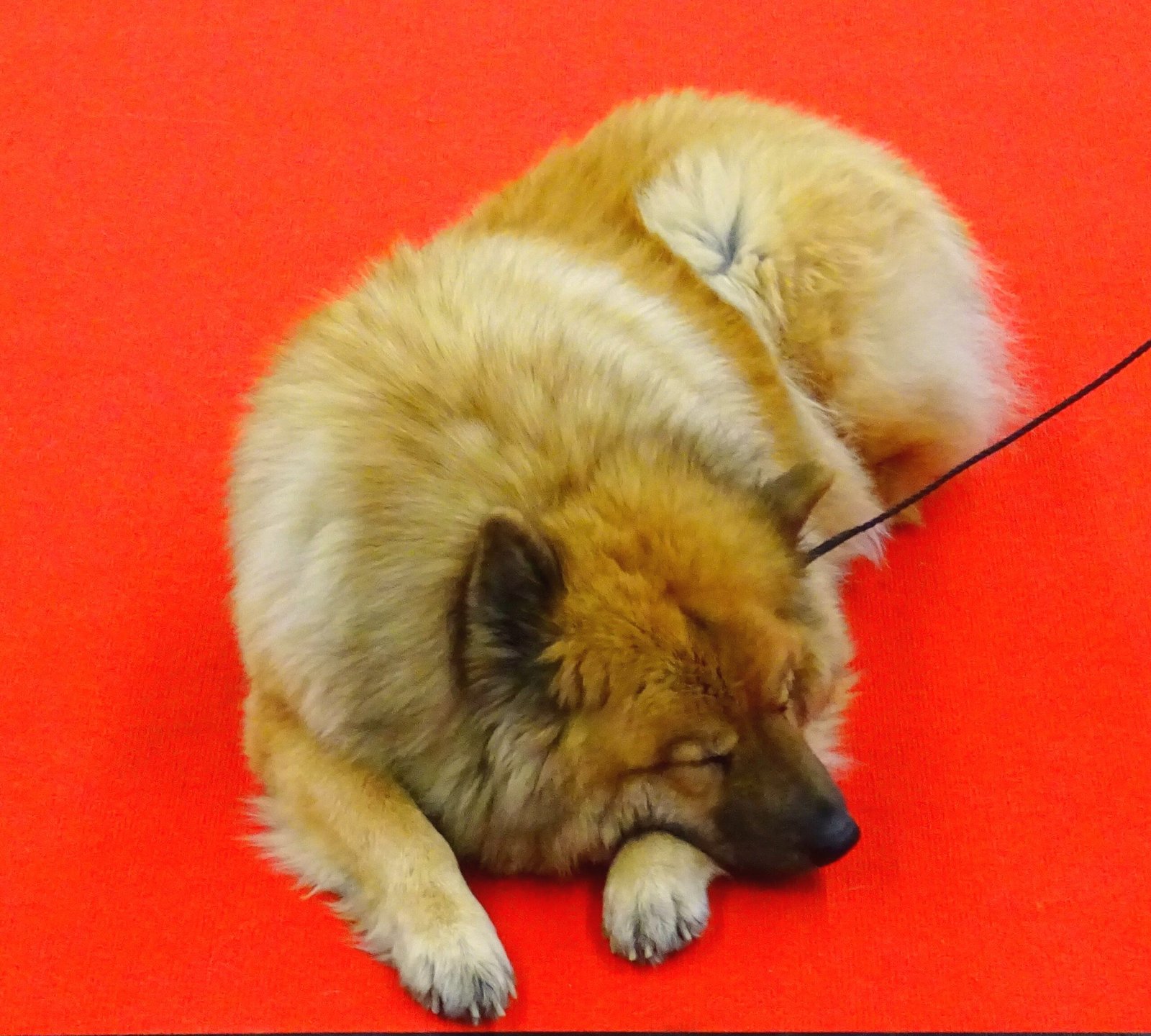
If your playful pup suddenly spends most of the day sleeping or seems uninterested in walks, toys, or even you, this deep tiredness can be a powerful sign. As dogs approach the end of their lives, they may simply not have the energy to do the things they once loved. You might notice them sleeping in new places, or struggling to get up and move around. Give them plenty of soft bedding and let them sleep as much as they need. Try to keep their favorite resting spots accessible, and just sit with them, stroking their fur. Sometimes, your quiet presence is all they want.
Difficulty Breathing
Breathing changes are often alarming. You may see your dog panting more than usual, struggling for breath, or even breathing with heavy, raspy sounds. Their gums might look pale or bluish, which can signal a lack of oxygen. Watching this can be scary, but staying calm helps your dog feel safe. Make sure they have a peaceful, cool environment and avoid stressing them further. If your dog seems distressed, you can gently reassure them with your voice and touch. In some cases, a vet may be able to offer medications or oxygen to ease their discomfort.
Loss of Interest in Surroundings

When dogs are nearing the end, they often withdraw from the world around them. The wagging tail when you walk in the door might become a faint twitch, or they may not come to greet you at all. Toys, games, and even favorite people or other pets may be ignored. This detachment isn’t because they don’t love you anymore—it’s part of the process of letting go. You can help by quietly keeping them company, reading aloud, or simply sitting together. Your calm presence is more comforting than you might ever know.
Loss of Bladder or Bowel Control

Accidents happen, but when your house-trained dog starts having frequent accidents or seems unaware that they’re soiling themselves, it’s a sign their body is failing. It’s important not to scold or shame them; instead, gently clean them up and provide extra bedding or waterproof pads. Keep them dry and comfortable, as wet fur can lead to painful skin sores. Changing bedding often, using soft towels, and offering gentle reassurance goes a long way. It’s a humbling experience, but it’s also a final act of love.
Restlessness or Agitation
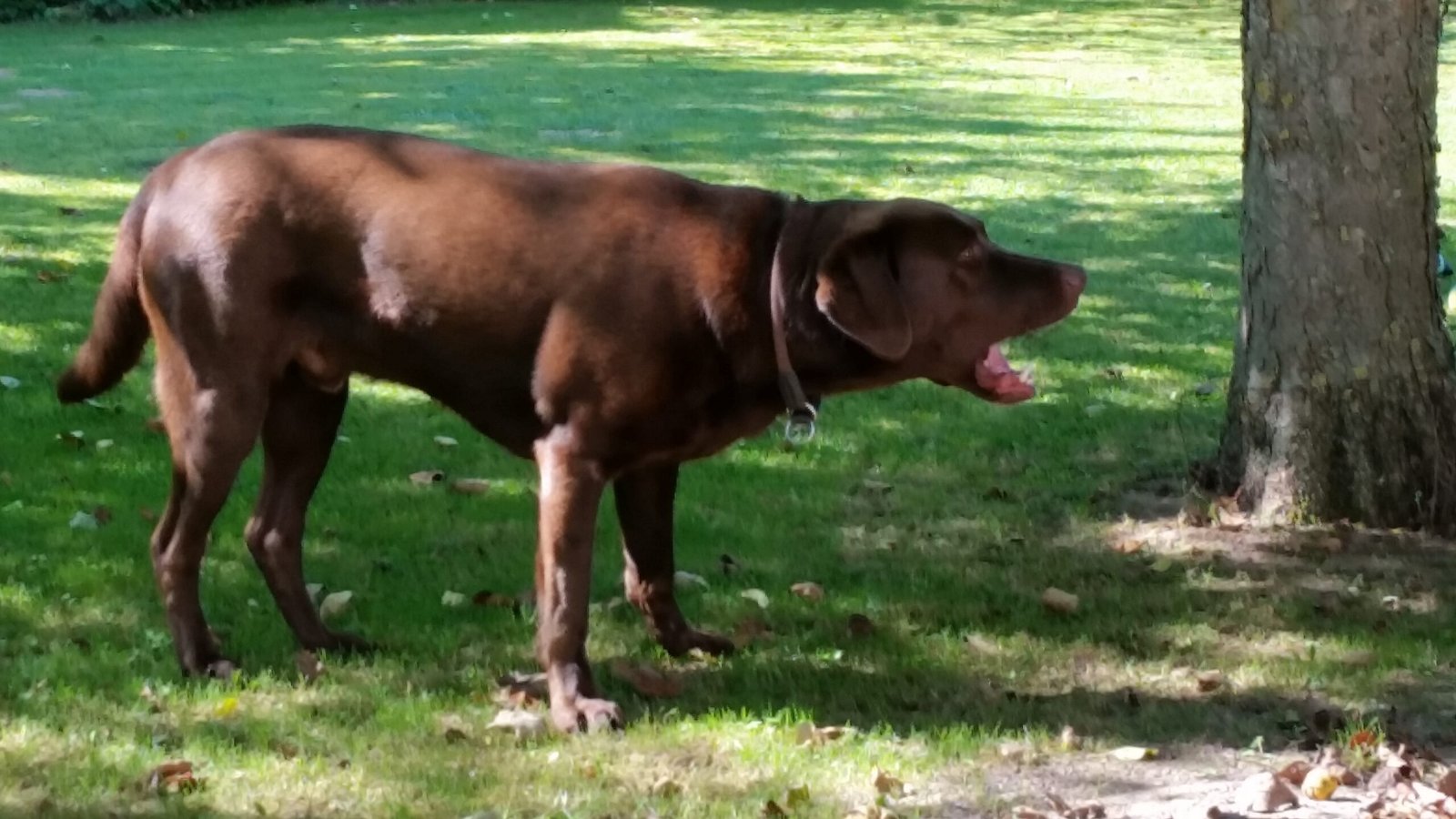
Some dogs become restless, pacing, whining, or changing positions frequently. They might seem unable to settle or look at you with pleading eyes. This agitation can be caused by pain, discomfort, or confusion. Try offering a gentle massage, soothing music, or a favorite blanket. Sometimes, a warm water bottle wrapped in a towel can help them relax. Speak softly and try to figure out what makes them most comfortable. If restlessness is severe, talk to your vet about medications that can help relieve anxiety or discomfort.
Changes in Gum Color
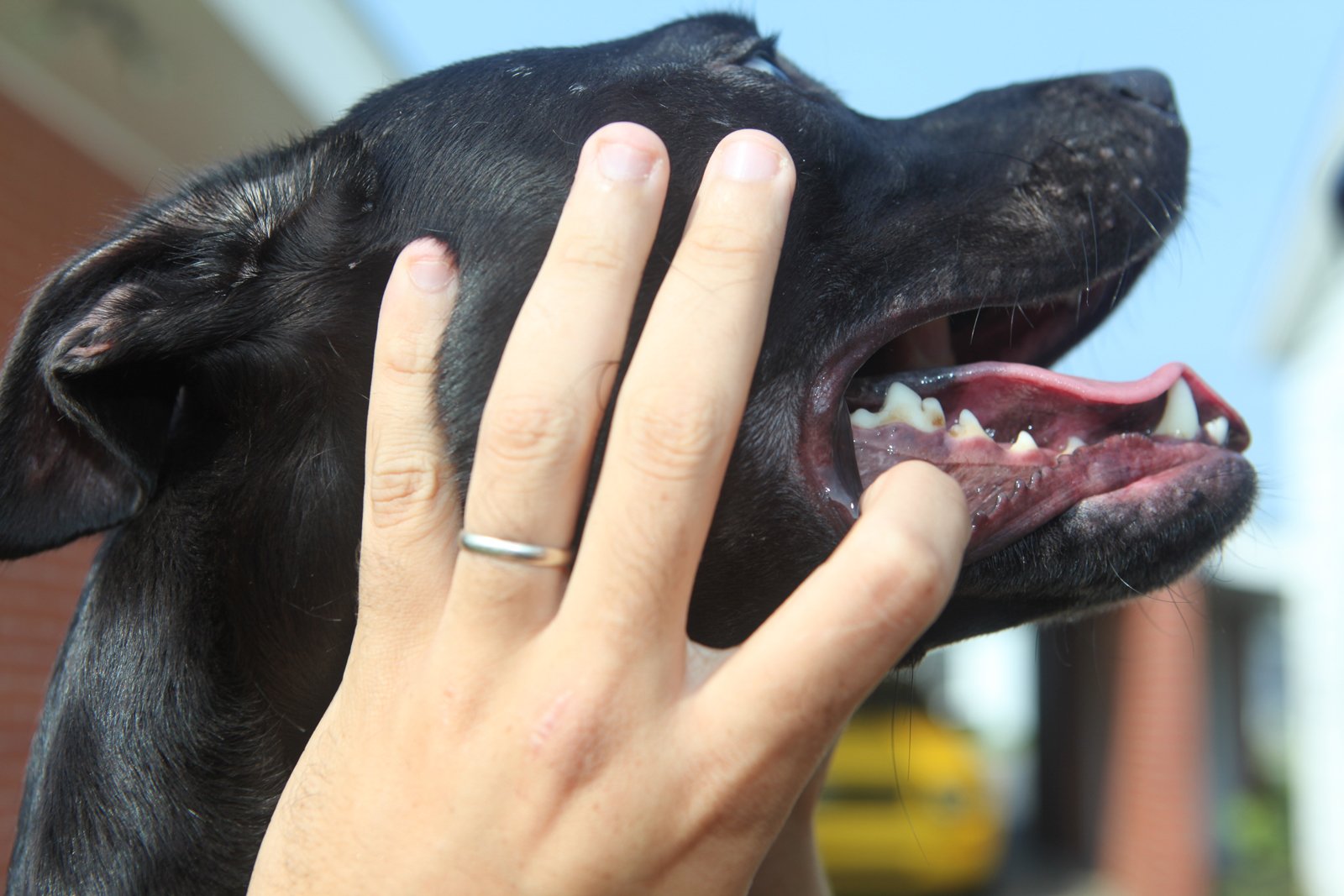
Healthy dog gums are usually a bright pink color, but as the end nears, you might notice your dog’s gums turning pale, bluish, or even gray. This change often means there isn’t enough oxygen or blood flow, which can happen when organs start shutting down. It’s a sign things are serious. There isn’t much you can do at home, but you can keep your dog comfortable and avoid unnecessary stress. If you’re unsure what’s happening, gently lift their lip and check their gums—sometimes, a quick visual clue tells you more than words ever could.
Vomiting or Diarrhea
Frequent vomiting or diarrhea, especially if it’s bloody or foul-smelling, is a warning sign. Your dog’s digestive system may be shutting down, or they might be unable to keep food and water down. This can quickly lead to dehydration and weakness. Clean up accidents gently and provide small sips of water if they’ll take it. Don’t force food or water if they can’t keep it down. Instead, focus on making them as comfortable as possible. If you’re worried about pain or distress, reach out to your vet for advice and support.
Incontinence

Incontinence is different from occasional accidents. Your dog may lose control of their bladder or bowels entirely, even while sleeping. It’s heartbreaking, but it’s also a natural part of many end-of-life journeys. Line their bed with absorbent pads and keep cleaning supplies handy. You might need to change bedding often and gently clean their fur with baby wipes or a damp cloth. Remember, this isn’t their fault—they’re not trying to upset you. Offering kindness and patience in these moments is one of the greatest gifts you can give.
Cool or Cold Extremities
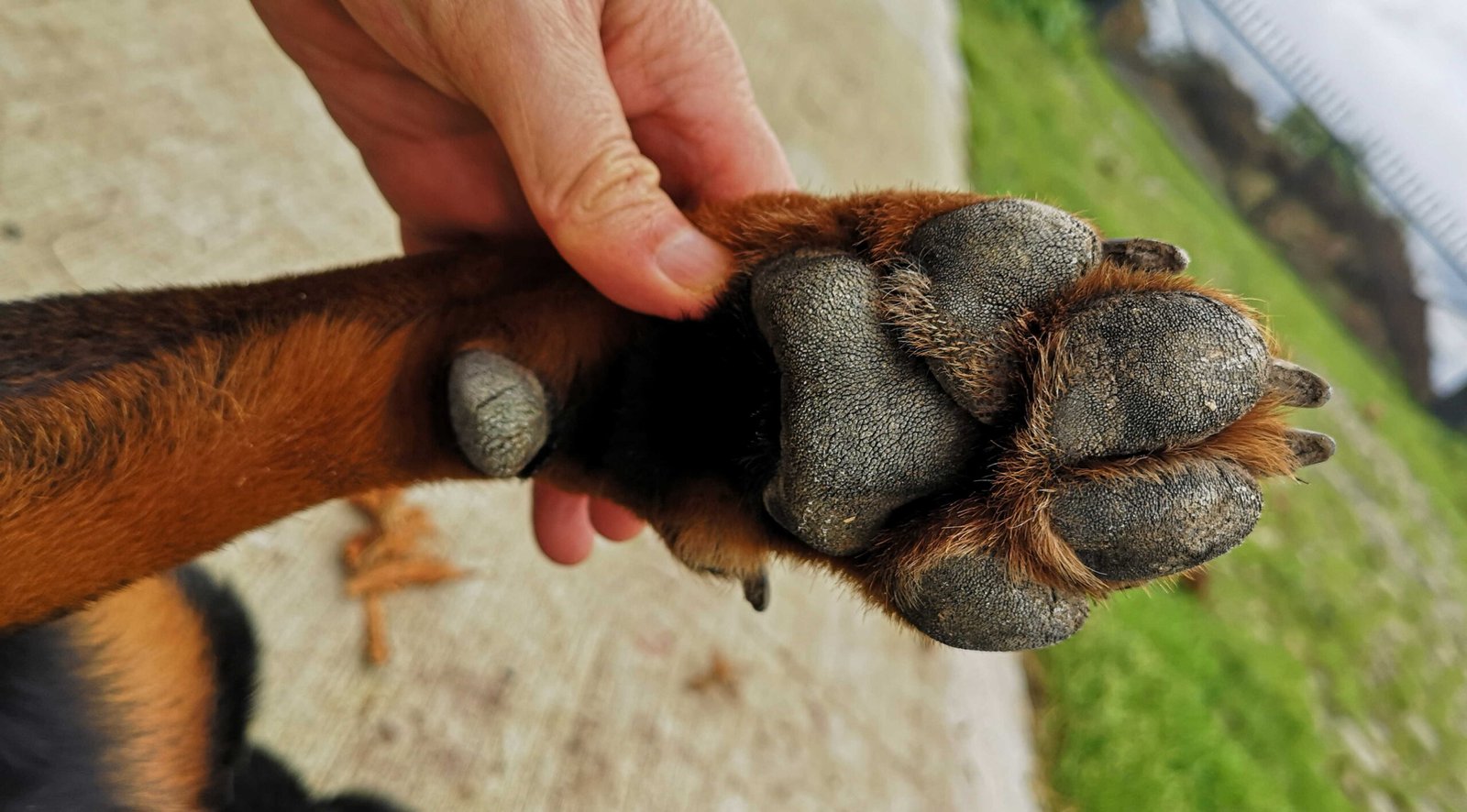
If your dog’s ears, paws, or tail feel cool or cold to the touch, it could mean their circulation is slowing down. This often happens when the heart isn’t pumping blood as well as it should. You can help by making sure they’re warm and cozy—add blankets, use a heating pad on a low setting, or snuggle up beside them. Just be careful not to overheat them. The goal is simple comfort. If you notice shivering or trembling, your dog may need extra warmth or a gentle cuddle.
Unusual Body Odor
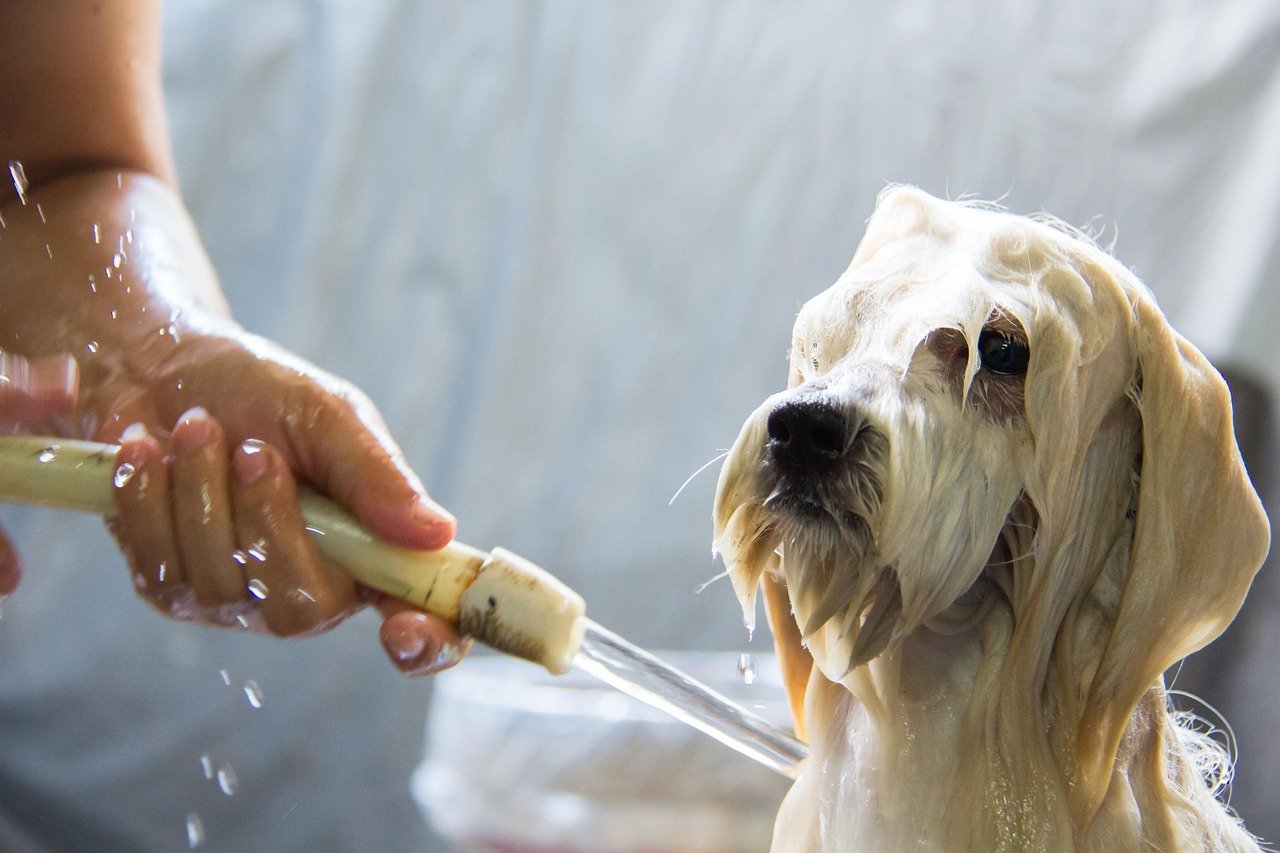
A sudden, strong, or unusual odor coming from your dog can be a sign that their organs are struggling or shutting down. This smell might be sweet, foul, or just different from their usual scent. It’s not just unpleasant—it’s often a sign that toxins are building up in the body. Regular gentle cleaning and keeping their bedding fresh can help with odor. You can also use pet-safe wipes or a soft, damp cloth to wipe them down. Most importantly, don’t let embarrassment get in the way of showing affection.
Changes in Social Behavior
Some dogs crave more attention as their time nears, while others withdraw and seek solitude. You might notice your dog following you from room to room, wanting to cuddle all the time—or, they might hide under beds or in closets. Both behaviors are normal. Let your dog take the lead. If they want to be close, keep them near; if they want space, respect it. Sometimes, simply lying beside them without touching is the best comfort you can offer.
Loss of Coordination
When standing up, your dog may stumble, sway, or seem unsteady on their paws. Getting into the car or climbing stairs might become impossible. This loss of coordination can be a result of muscle weakness or neurological changes. Help them move by supporting their back end or using a towel as a sling under their belly. Keep their food, water, and bedding close by so they don’t have to travel far. Make sure there are no slippery floors or obstacles in their way.
Seizures or Tremors
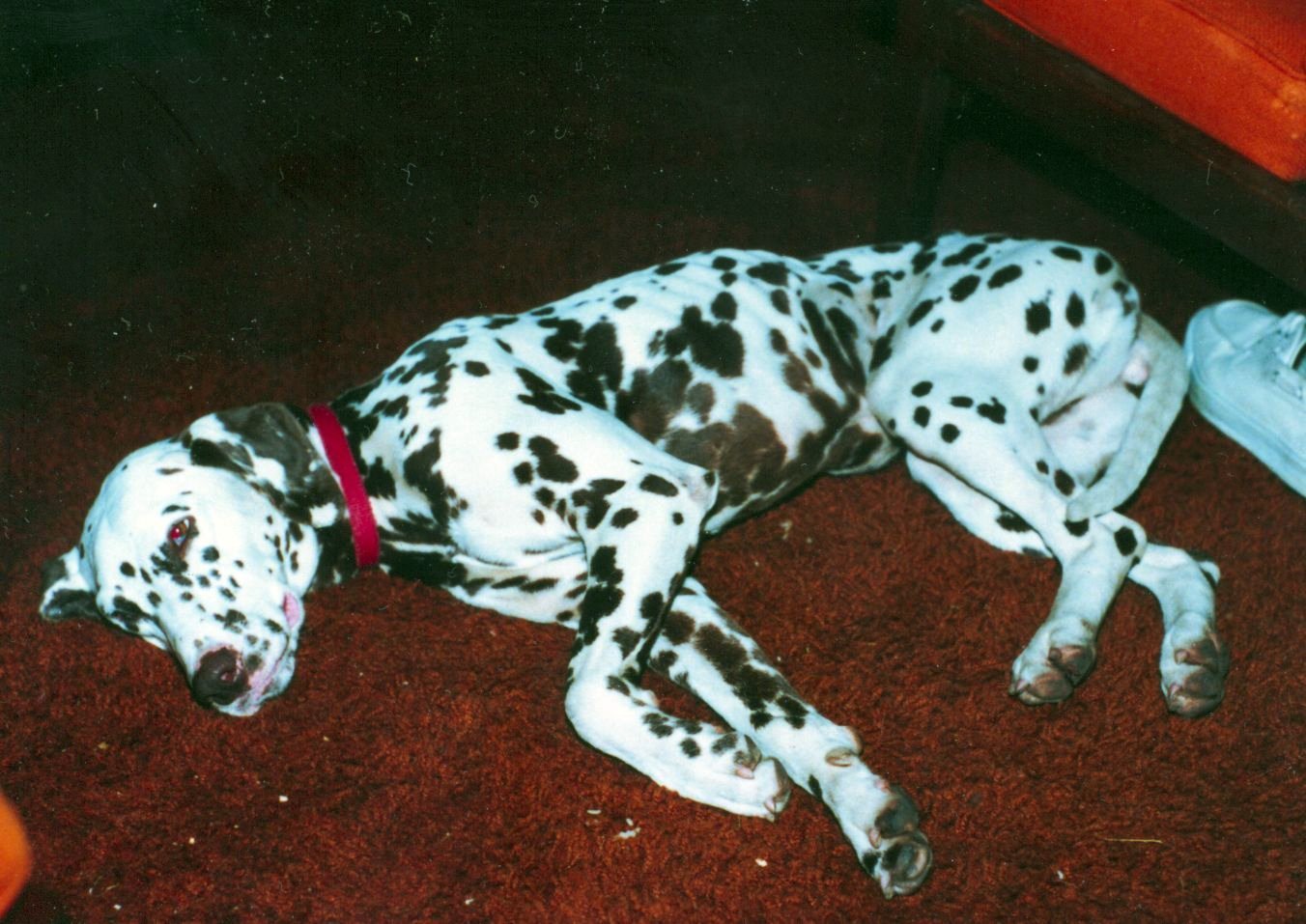
Seizures or body tremors can be truly frightening to witness. Your dog may shake uncontrollably, lose consciousness, or seem confused afterward. If this happens, keep calm and make sure they’re in a safe spot where they can’t hurt themselves. Don’t try to restrain them, but stay by their side and speak softly. Afterward, offer gentle reassurance. If seizures are frequent or severe, your vet can prescribe medication or help you decide on the kindest path forward.
Refusing Water or Food Completely
When a dog stops eating and drinking entirely, it’s often a signal that their body is preparing to let go. This can be the hardest to see, and it tugs at your heart like nothing else. Offer water in a syringe or small bowl, but don’t force them. You can try ice chips or a damp washcloth on their lips to keep them comfortable. More than anything, offer love and presence. Sometimes, just lying together in the quiet is the best comfort for you both.
Saying goodbye to a beloved dog is never easy, but understanding the signs can help you make their final days as peaceful as possible. Your presence, patience, and gentle care can offer immense comfort when they need it most. Whether it’s extra cuddles or simply being nearby, those small acts mean everything. Stay connected with your vet and trust your instincts—love truly is the best medicine in the end.

Linnea is a born and bred Swede but spends as much time as possible in Cape Town, South Africa. This is mainly due to Cape Town’s extraordinary scenery, wildlife, and atmosphere (in other words, because Cape Town is heaven on earth.) That being said, Sweden’s majestic forests forever hold a special place in her heart. Linnea spends as much time as she can close to the ocean collecting sea shells or in the park admiring puppies.






